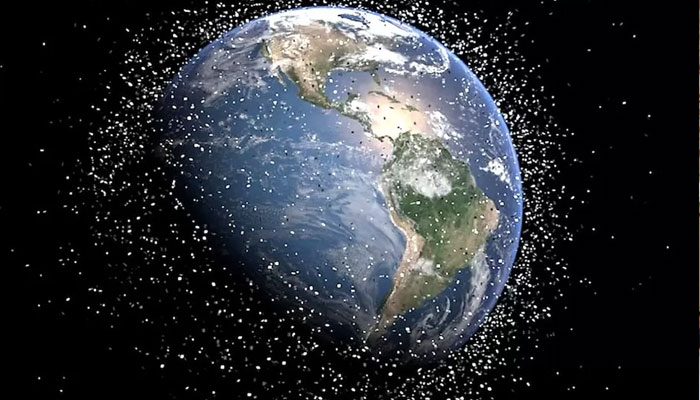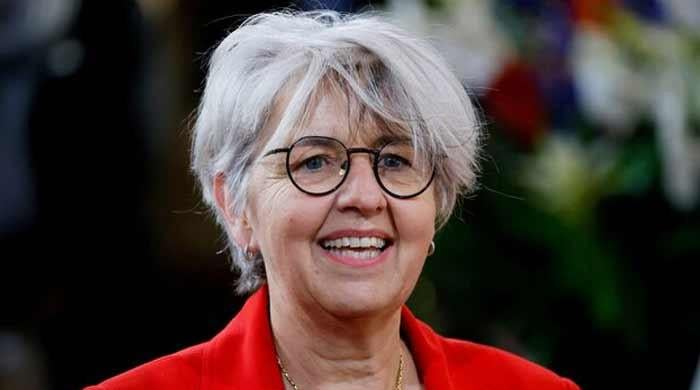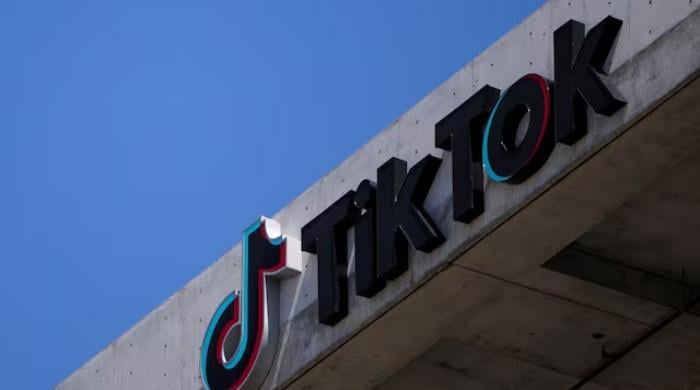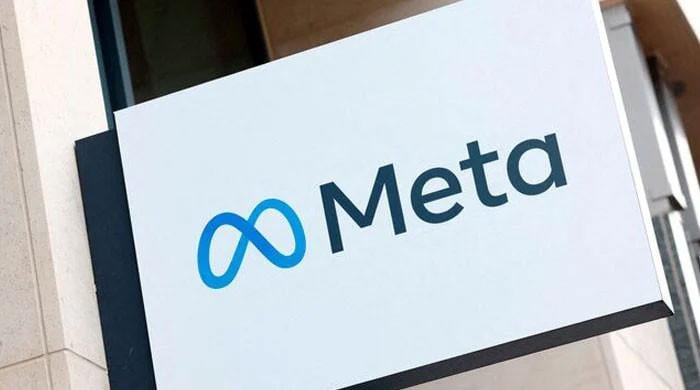COS-MESS: Dish Network slapped with first-ever space junk fine of $150,000
Dish Network was fined for not moving its old EchoStar-7 satellite far enough away from other active satellites
October 03, 2023

The US government's Federal Communications Commission (FCC) has issued its first-ever fine of $150,000 to Dish Network for failing to move its old EchoStar-7 satellite far enough away from other active satellites.
Dish Network admitted liability for the satellite and agreed to a "compliance plan" with the FCC. Space junk, officially known as space debris, poses a risk of collisions with active satellites and spacecraft in orbit.
The EchoStar-7 satellite, which was launched in 2002, was located in geostationary orbit, approximately 22,000 miles (36,000 km) above Earth's surface. Dish was required to move the satellite 186 miles further from Earth, but by the end of its operational life in 2022, it had only been moved 76 miles due to a loss of fuel.
The FCC found that Dish's satellite posed a potential risk to other satellites at its current altitude. While the $150,000 fine is a relatively small sum compared to Dish's overall revenue of $16.7 billion in 2022, it sets a precedent for holding satellite operators accountable for space debris management.
Dr Megan Argo, a senior lecturer in astrophysics at the University of Central Lancashire, noted that this enforcement action would likely make the satellite industry pay more attention to compliance with space debris rules. The growing number of satellites in orbit increases the risk of collisions, leading to high-speed debris and potentially triggering a chain reaction of collisions.
Space debris is a growing concern, with more than 10,000 satellites launched into space since 1957, and over half of them are no longer in use. NASA has identified over 25,000 pieces of space debris measuring over 10cm long. Even small fragments can pose a significant threat to astronauts and operational satellites due to their high orbital speeds.
NASA Administrator Bill Nelson previously emphasised the seriousness of the space junk issue, highlighting the need to manoeuvre the International Space Station to avoid oncoming debris. The FCC's action signals the importance of enforcing regulations to address the problem of space debris in Earth's orbit.









